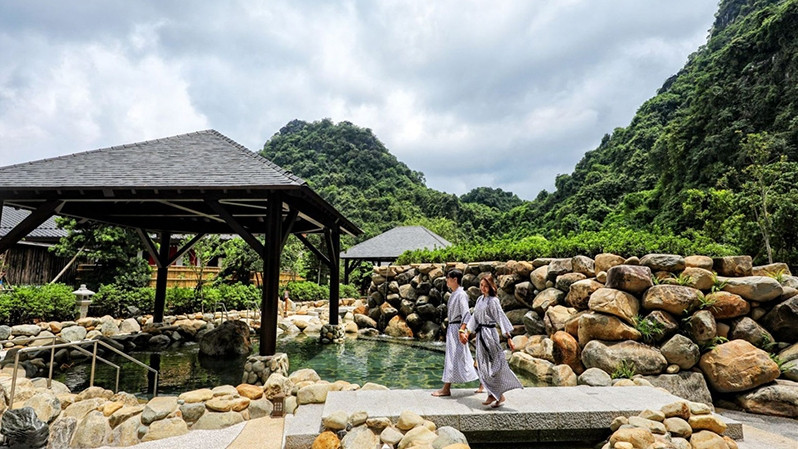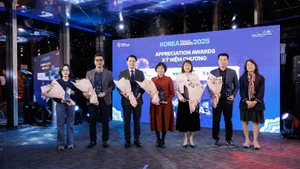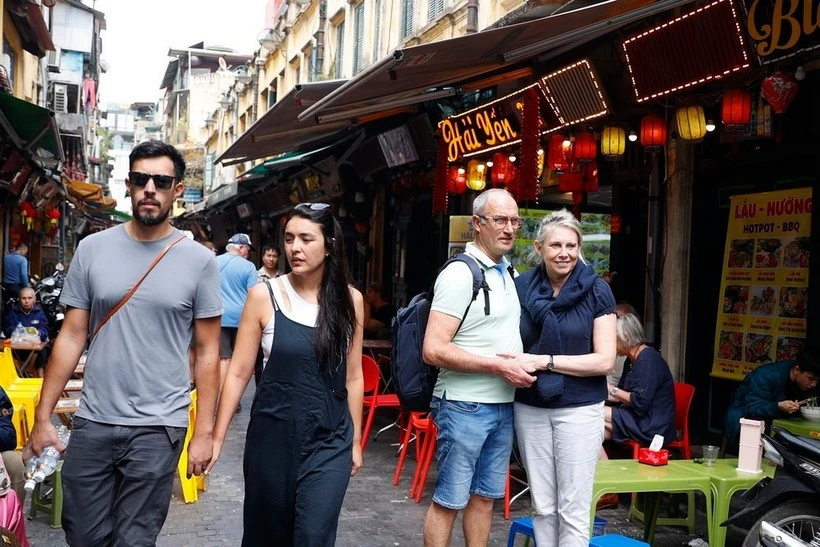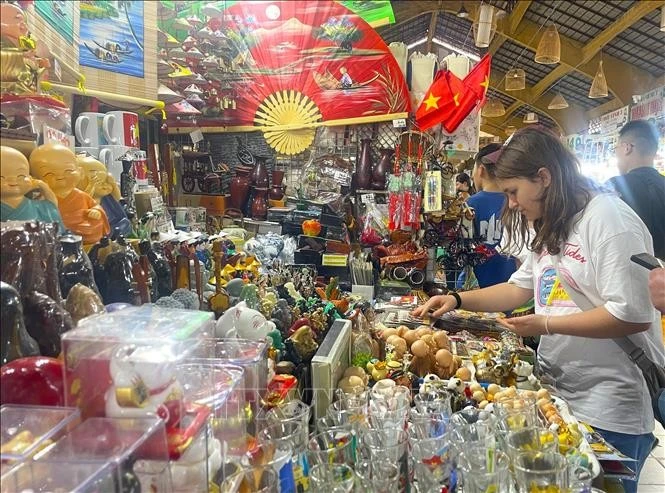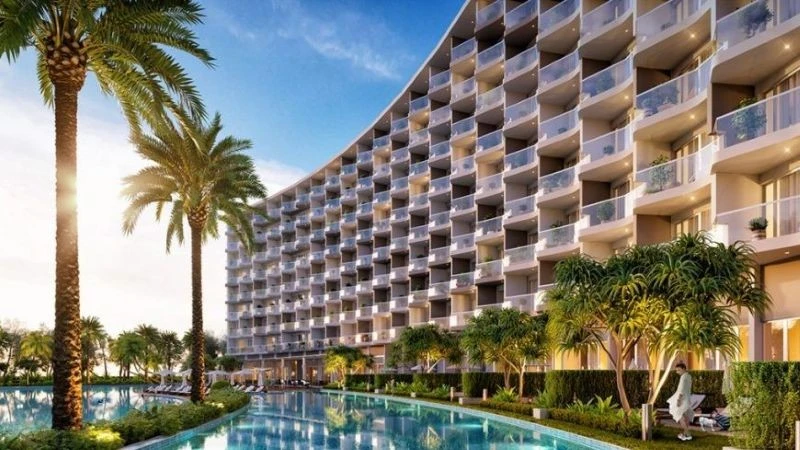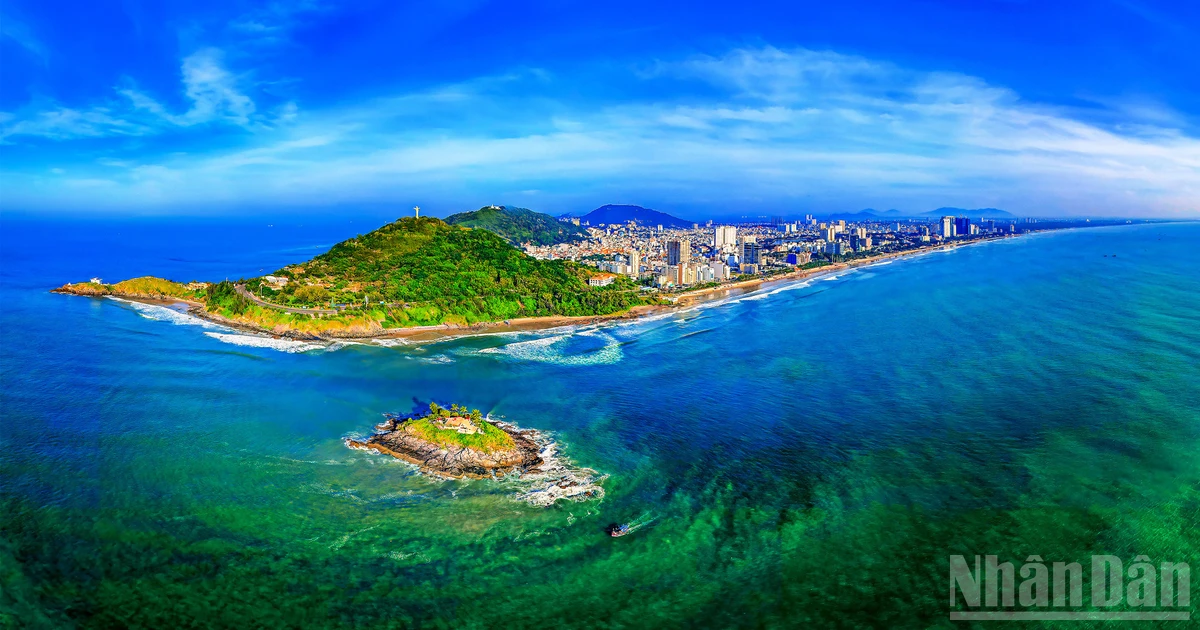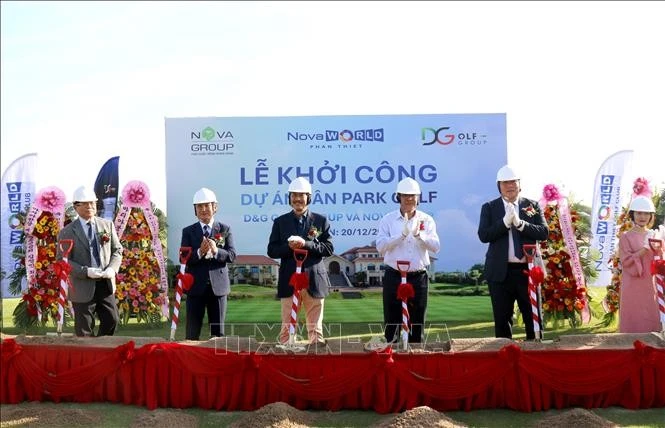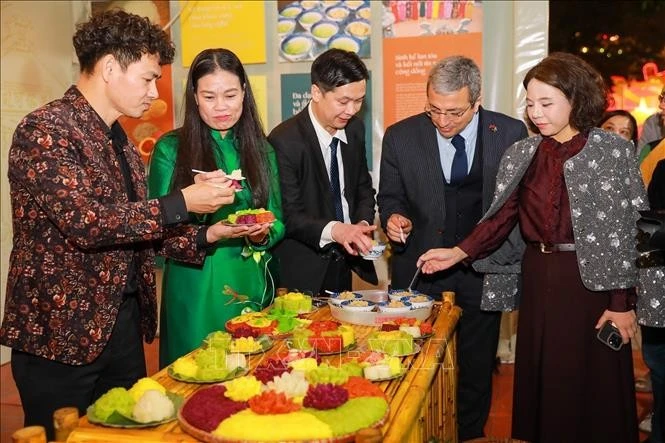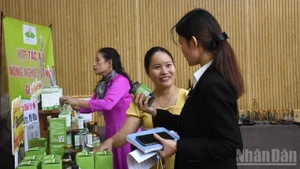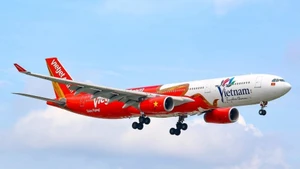The Global Wellness Institute (GWI) defines wellness tourism as travel associated with the pursuit of maintaining or enhancing one's personal wellbeing. Wellness tourism is the combination of travel and promoting health.
Wellness travellers seek tourism services which can help them relax and combat negative thinking and escape from boredom. When life becomes stressful, people have an increasing demand to relieve stress and improve holistic health, paving the way for the development of wellness tourism. This type of tourism has become popular in such countries as India, Japan, China, Thailand, and Indonesia.
Vietnam boasts a coastline of more than 3,200km with many beautiful beaches, thousands of large and small islands, hundreds of natural mineral hot springs, a number of pagodas and monasteries, along with time-honoured practice of traditional medicine. All of them create a huge potential for the country to develop wellness tourism.
Over recent years, many hot mineral springs have opened for tourists such as Quang Hanh (Quang Ninh province), My Lam (Tuyen Quang province), Kenh Ga (Ninh Binh province), Kim Boi (Hoa Binh province), Thanh Thuy (Phu Tho province), Than Tai Mountain (Da Nang city), and Binh Chau (Ba Ria - Vung Tau province).
In addition, a wide range of tourist products associated with maintaining and promoting people’s health such as yoga on the beach, meditation, cycling in the forest, and massage therapy have been developed by travel companies, contributing to offering visitors a fresh experience, thus encouraging them to stay longer and spend more during their trips.
However, these successes have not yet met their full potential, as most of the medical tourism service establishments are still operating on a small scale, with limited human resources and infrastructure, according to Dr. Truong Sy Vinh, Deputy Director of the Institute for Tourism Development Research, who was speaking at a webinar recently held by the institute to seek ways to develop wellness tourism.
In his speech, Dr. Tran Huu Thuy Giang, Director of the Thua Thien Hue provincial Tourism Department pointed out the lack of proper promotion programmes for wellness tourism, thus making it difficult to reach wider domestic and foreign tourists.
Addressing the event, Deputy head of the Vietnam National Administration of Tourism Nguyen Thi Thanh Huong acknowledged that there has not comprehensive researches on the potential of wellness tourism as well as no specific orientations and policies to develop this type of tourism.
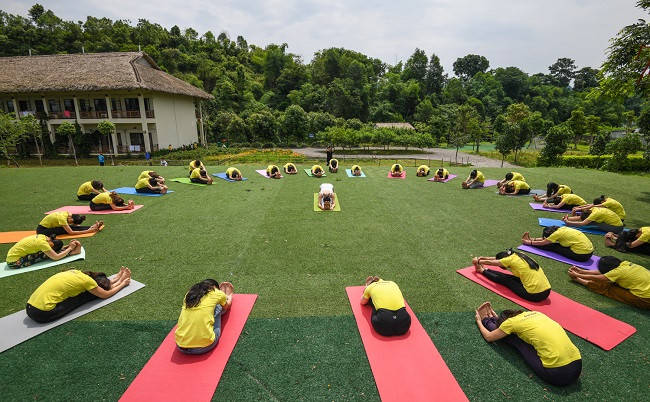
Visitors join an outdoor yoga class as part of their tour to An Lac Eco Farm & Hot Springs in Hoa Binh province. (Photo: VnExpress)
The GWI forecasted that wellness tourism will grow even faster through 2022 (7.5% yearly) to reach US$919 billion, contributing an 18% share of the world tourism industry. Asia will continue to be the leading market for wellness tourism.
Therefore, unless Vietnam wants to miss out on this market, the country needs to devise comprehensive solutions to further develop wellness tourism to its available potential.
Prof. Dr. Nguyen Van Dinh suggested that the Government should put forward policies and plans to develop this type of tourism, making it a key factor in Vietnam's tourism development strategy.
Nguyen Hoang Mai from the Institute for Tourism Development Research called for cooperation between medical facilities with the use of traditional medicine and travel agencies in order to build wellness tourism services for visitors.
Participants at the webinar also stressed the importance of organising training courses and sessions for staff working in wellness tourism so that they can be equipped with proper knowledge, professional skills, and foreign languages in the field.
The tourism industry should foster communication campaigns to advertise Vietnam's potential of wellness tourism to both domestic and foreign travellers.
A development plan for wellness tourism for each stage with specific objectives and goals is also needed to ensure effective, long-term and sustainable development.
